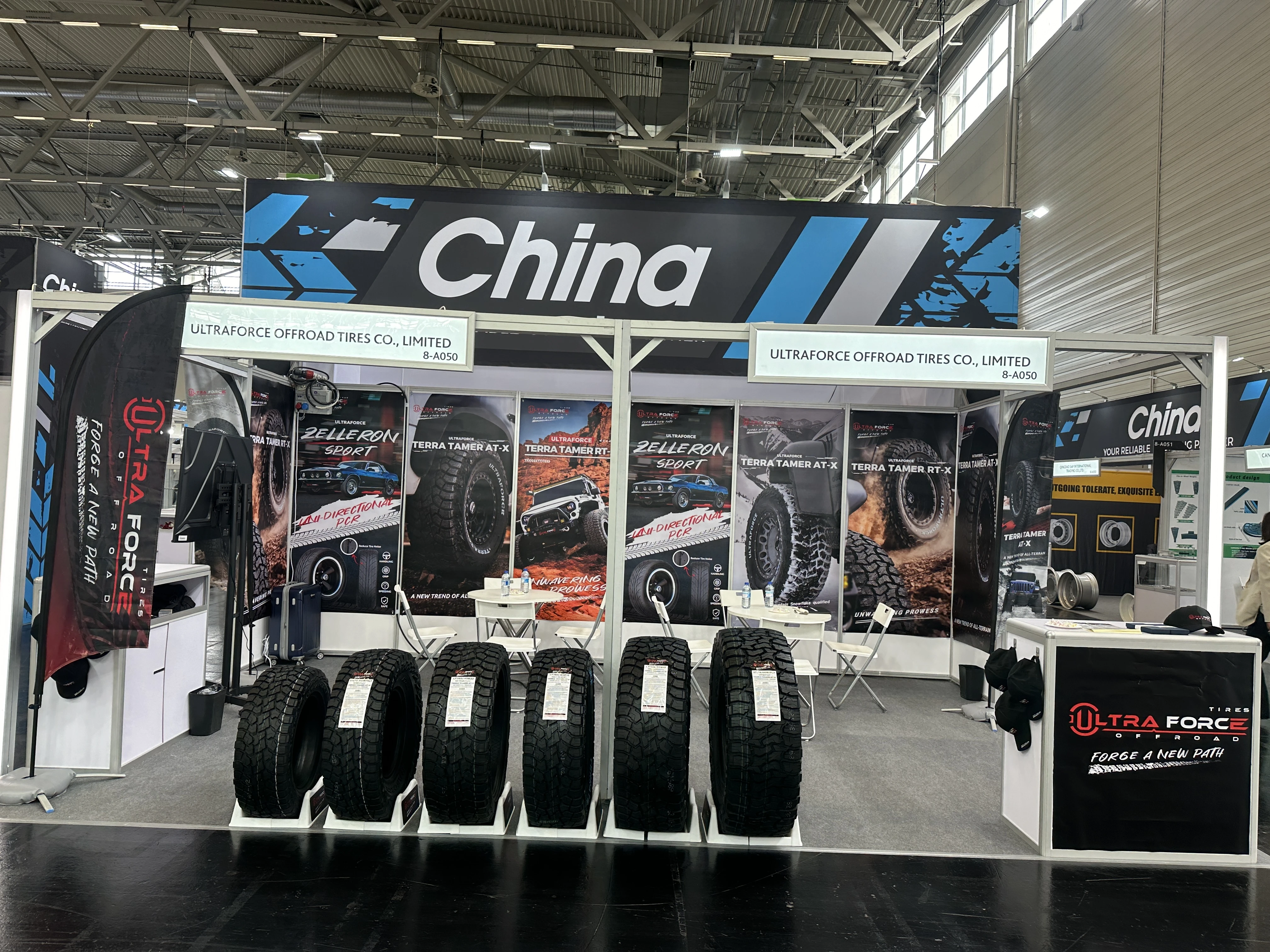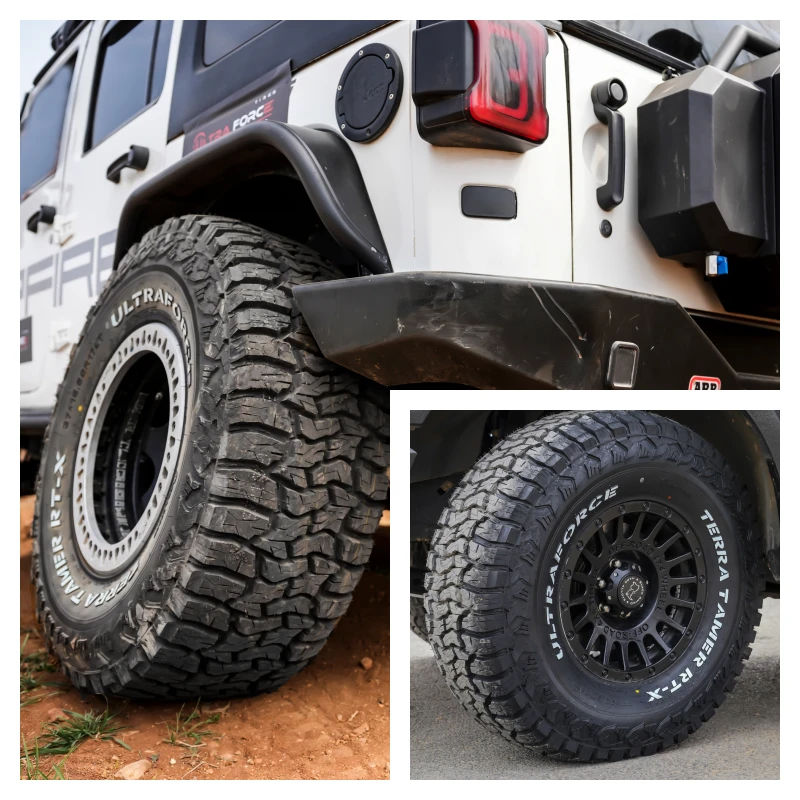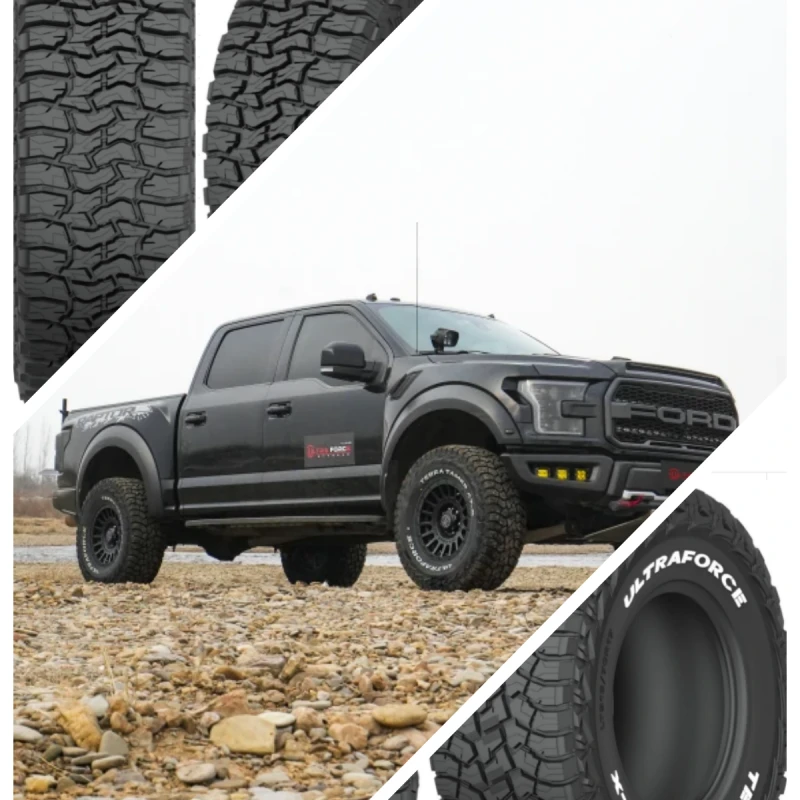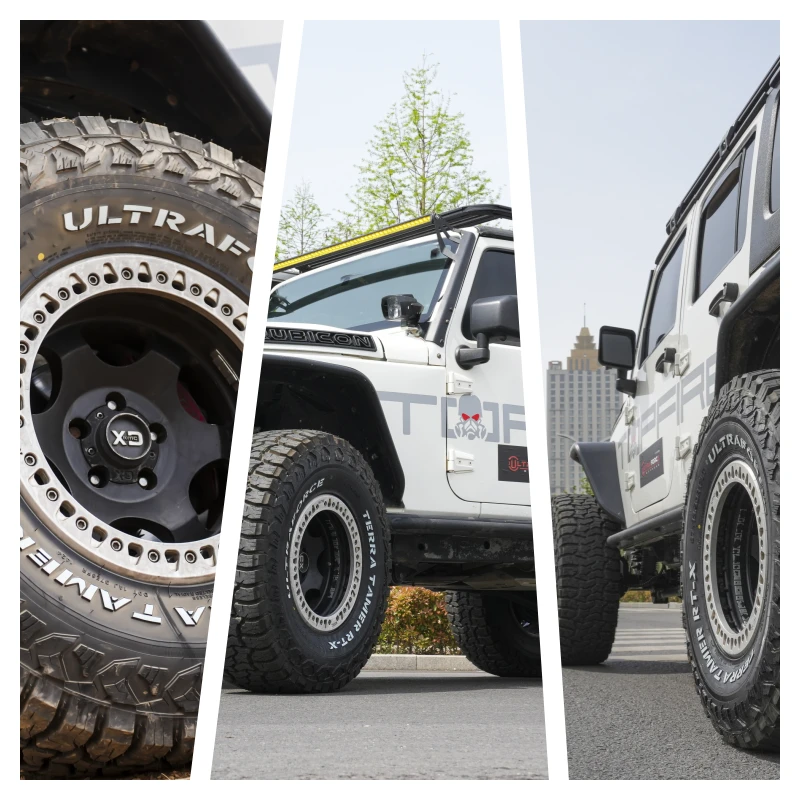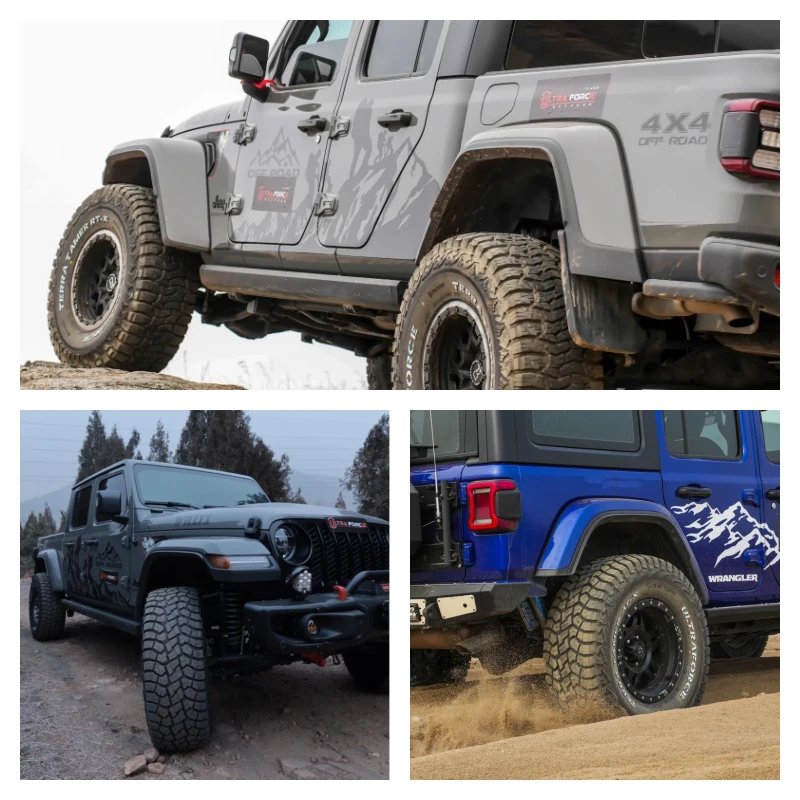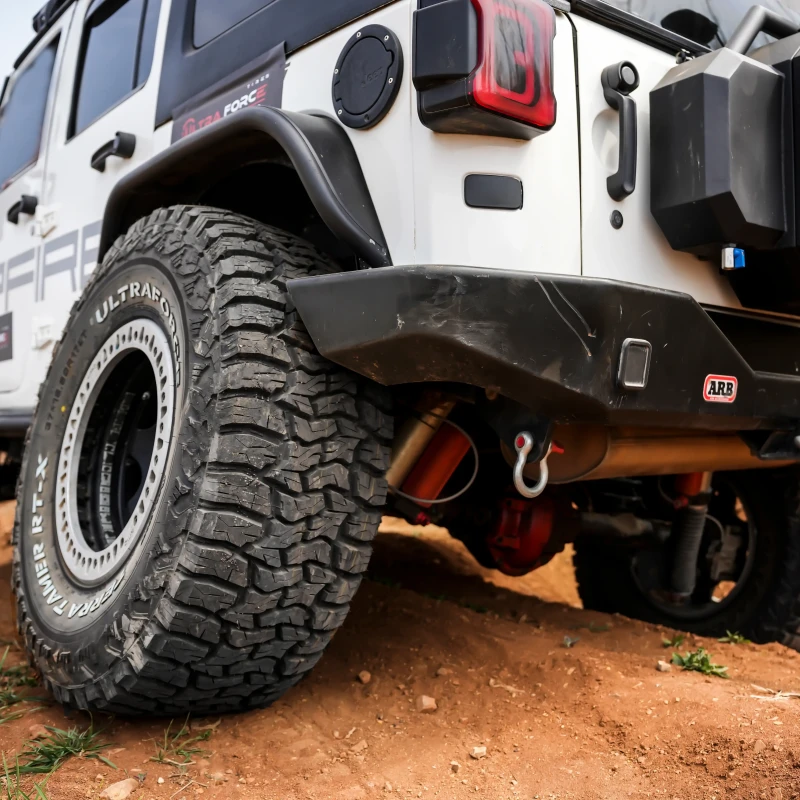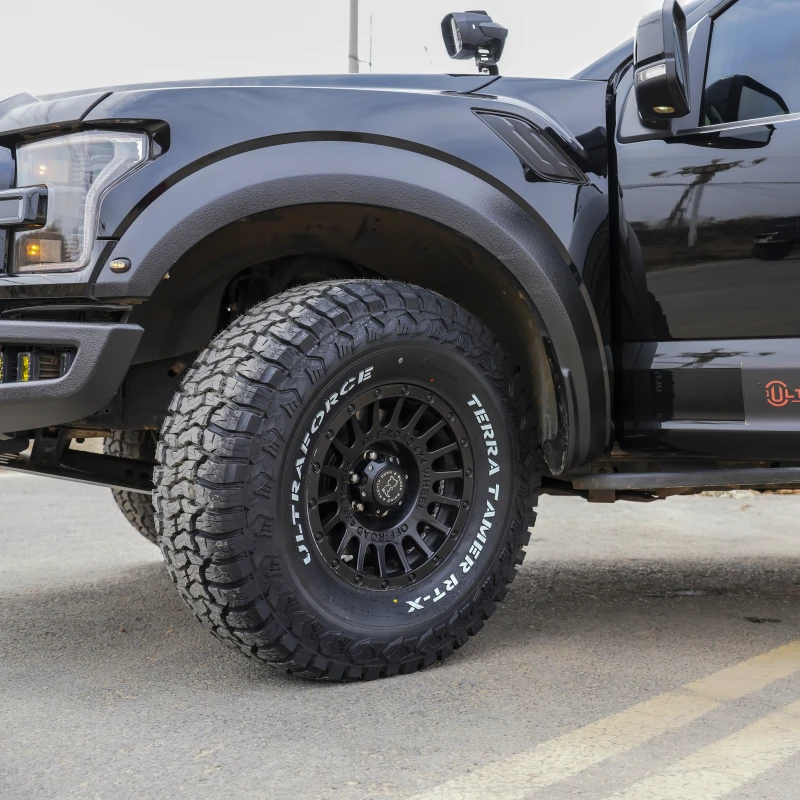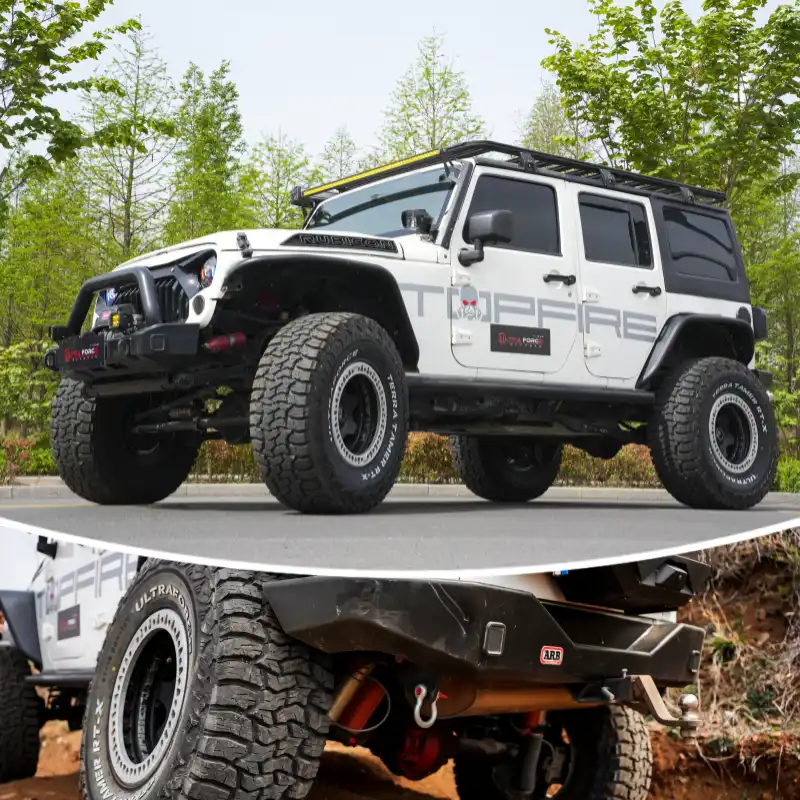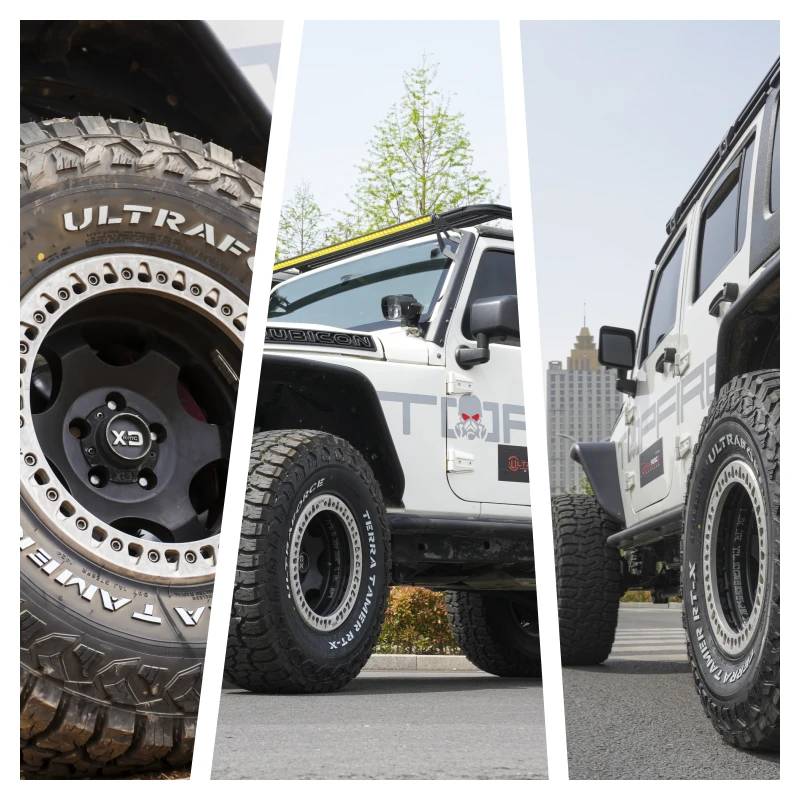SUV All-Season Tires: Your Ultimate Guide to Year-Round Performance
SUV all-season tires are designed to deliver reliable performance throughout the year, regardless of weather conditions. These versatile tires provide the perfect balance between summer and winter tires, making them an ideal choice for SUV owners who prioritize convenience, cost-effectiveness, and safety. This guide dives deep into the features, performance metrics, market insights, and practical tips for choosing and maintaining the best all-season tires for your SUV.
What Are All-Season Tires?
All-season tires are engineered to perform well in various weather conditions, including dry, wet, and light snowy roads. They feature a blend of tread compounds and unique designs that ensure consistent traction and handling across different temperatures.
Key Characteristics:
Tread Design: Symmetrical or asymmetrical patterns for balanced performance.
Rubber Compound: Specially formulated for a wide temperature range.
Moderate Tread Depth: Enhances longevity and fuel efficiency.
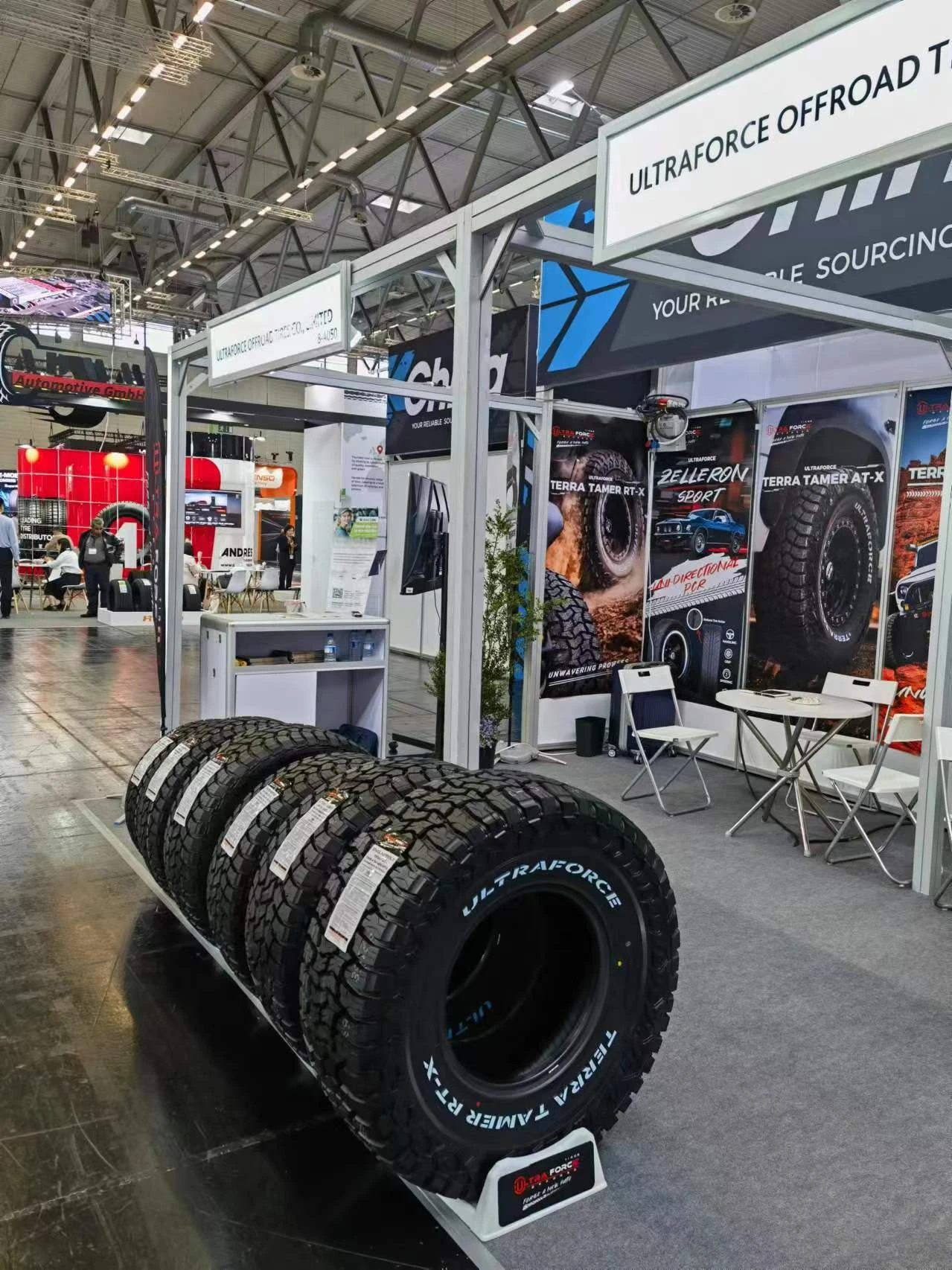
Benefits of SUV All-Season Tires
1. Versatility
Handles wet, dry, and light snow conditions effectively.
Ideal for regions with mild winters and moderate weather fluctuations.
2. Cost-Effectiveness
Eliminates the need for seasonal tire changes, saving time and money.
3. Durability
Designed to last longer due to robust construction.
Typical lifespan ranges from 50,000 to 80,000 miles.
4. Fuel Efficiency
Lower rolling resistance reduces fuel consumption.
Performance Metrics of All-Season Tires
To assess the quality of SUV all-season tires, it’s crucial to understand key performance metrics.
| Metric | Explanation | Example Brand Data |
|---|---|---|
| Traction Rating | Graded from AA (best) to C | Michelin CrossClimate 2: AA |
| Treadwear | Indicates expected lifespan (higher is better) | Goodyear Assurance WeatherReady: 700 |
| Noise Levels | Measured in decibels for quieter rides | Continental TrueContact Tour: 68 dB |
| Temperature Grade | Resistance to heat buildup (A is best) | Pirelli Scorpion Verde: A |
Market Analysis of SUV All-Season Tires
The all-season tire market has seen significant growth due to increasing consumer demand for year-round solutions.
Market Size: Valued at USD 32 billion in 2023, projected to grow at a CAGR of 5.8% from 2023 to 2028.
Regional Insights: North America and Europe lead in adoption, driven by variable climates and increasing SUV sales.
Consumer Trends: Preference for eco-friendly tires and advanced performance features.
Popular Brands by Market Share:
| Brand | Market Share (%) |
| Michelin | 25 |
| Goodyear | 20 |
| Bridgestone | 18 |
| Continental | 15 |
Pros and Cons of SUV All-Season Tires
Advantages:
Convenience: Usable throughout the year.
Safety: Balanced performance in diverse conditions.
Savings: No need for multiple sets of tires.
Disadvantages:
Extreme Conditions: Limited performance in heavy snow or ice.
Performance Trade-Offs: Not as optimized as summer or winter tires for specific conditions.
Performance Evaluation: SUV All-Season Tires vs. Other Types
To better understand how SUV all-season tires compare with other tire types, let’s take a closer look at the performance differences across various conditions, using data from recent industry studies.
Performance in Dry Conditions
SUV all-season tires perform well on dry roads, thanks to their optimized tread patterns and rubber compounds. However, compared to summer tires, they may not offer the same level of responsiveness or cornering precision.
| Tire Type | Dry Traction | Handling | Comfort |
|---|---|---|---|
| All-Season Tires | Moderate | Good | Comfortable |
| Summer Tires | Excellent | Excellent | Moderate |
| Winter Tires | Moderate | Moderate | Good |
Performance in Wet Conditions
All-season tires are designed to handle rain and wet roads efficiently. The deeper grooves and channels allow water to escape, reducing the risk of hydroplaning.
| Tire Type | Wet Traction | Aquaplaning Resistance | Braking Performance |
|---|---|---|---|
| All-Season Tires | Good | Moderate | Good |
| Summer Tires | Excellent | Excellent | Excellent |
| Winter Tires | Moderate | Moderate | Good |
Performance in Snow and Ice
While all-season tires can handle light snow, they are not as effective as winter tires in icy conditions. They offer decent traction but cannot match the specialized design of winter tires, which are equipped with deeper treads and softer compounds for enhanced grip in snow and ice.
| Tire Type | Snow Traction | Ice Traction | Overall Performance |
|---|---|---|---|
| All-Season Tires | Moderate | Low | Moderate |
| Summer Tires | Poor | Poor | Poor |
| Winter Tires | Excellent | Excellent | Excellent |
How to Choose the Right All-Season Tires for Your SUV
1. Consider Your Climate
Mild winters: All-season tires are sufficient.
Harsh winters: Consider all-weather or winter tires.
2. Evaluate Tread Patterns
Symmetrical: Durable and quiet.
Asymmetrical: Offers better handling.
3. Load and Speed Ratings
Ensure compatibility with your SUV’s specifications.
4. Check Reviews and Ratings
Look for feedback on traction, treadwear, and comfort.
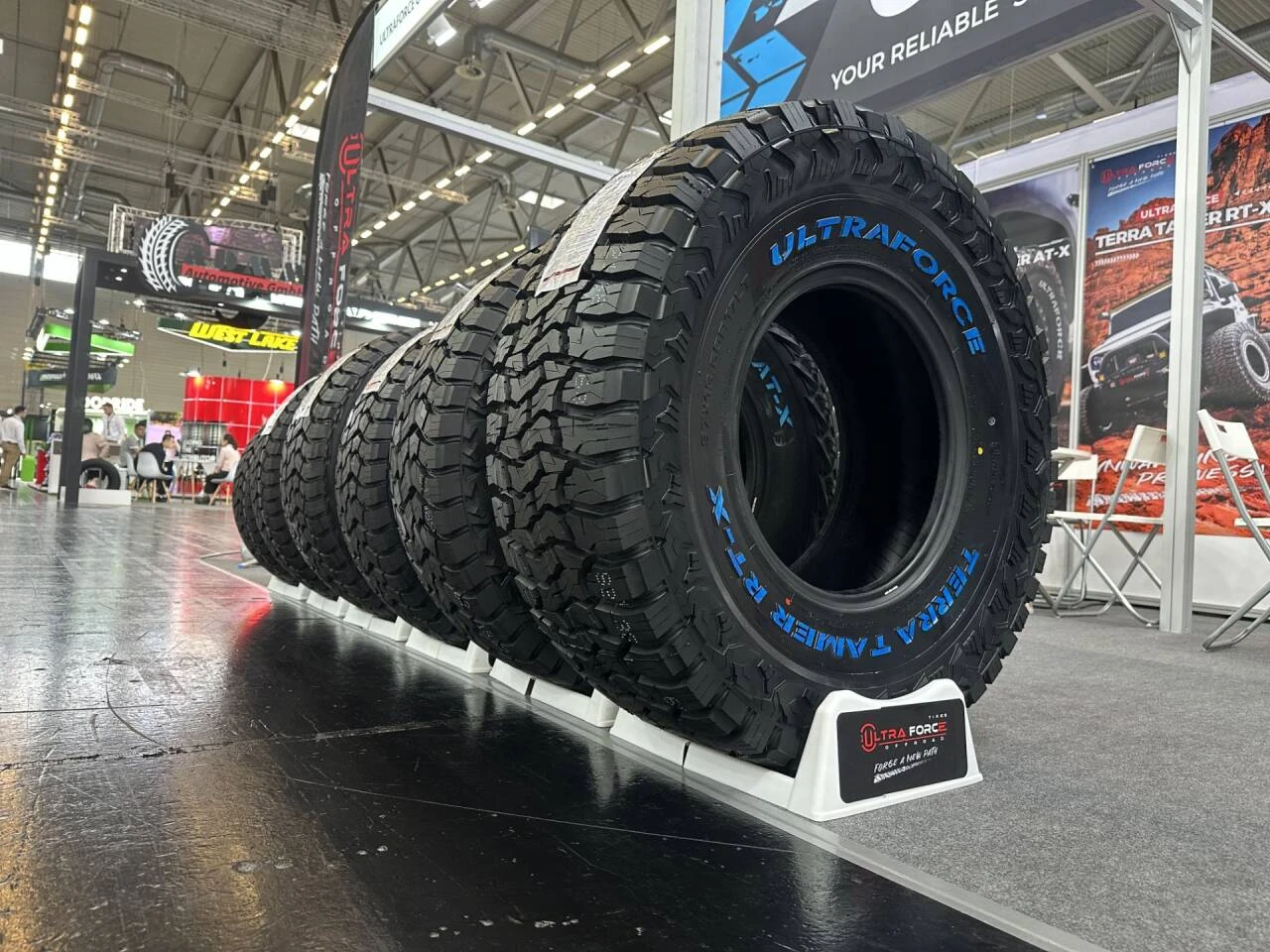
Maintenance Tips for All-Season Tires
To ensure your SUV all-season tires perform optimally, follow these maintenance tips:
Check Tire Pressure Regularly: Proper tire pressure ensures better fuel efficiency and tire longevity.
Rotate Tires Every 6,000–8,000 Miles: Regular rotation helps promote even wear and extends tire life.
Inspect for Damage: Regularly inspect your tires for cuts, punctures, or bulges that could lead to a blowout.
Balance and Align: Keeping your tires balanced and aligned prevents uneven wear and improves handling.
Cost-Benefit Analysis
| Aspect | All-Season Tires | Seasonal Tires |
| Initial Cost | Medium | High |
| Maintenance | Low | Medium |
| Performance | Moderate | High (specific) |
| Convenience | High | Low |
Environmental Impact
Reduced Waste: Fewer tire replacements reduce landfill contributions.
Lower CO2 Emissions: Enhanced fuel efficiency reduces environmental impact.
Conclusion
SUV all-season tires offer unparalleled convenience, versatility, and cost-effectiveness for year-round driving. While they may not excel in extreme conditions, their balanced performance makes them a reliable choice for most SUV owners. By understanding performance metrics, evaluating options, and maintaining your tires, you can ensure a safe and comfortable driving experience. Choose quality brands like Michelin, Goodyear, and Continental to maximize your investment and enjoy worry-free travel on the road.
Why Choose UltraForce Tires?
For those seeking exceptional performance and durability, UltraForce Tires is your ultimate partner. As a professional designer and manufacturer of off-road and passenger tires, UltraForce Tires is committed to excellence in product development and global export. We craft tires that not only meet your daily driving needs but also excel in the most challenging terrains and weather conditions.
With decades of expertise, UltraForce Tires offers customized services, including tread and sidewall design, size adaptation, branding, and tailored performance for diverse driving conditions. Whether you're navigating sandy trails, rocky paths, or snowy roads, UltraForce Tires ensures superior traction and durability. Let us support your adventures and business breakthroughs with our premium range of products. When you choose UltraForce Tires, you choose a driving experience tailored just for you.
